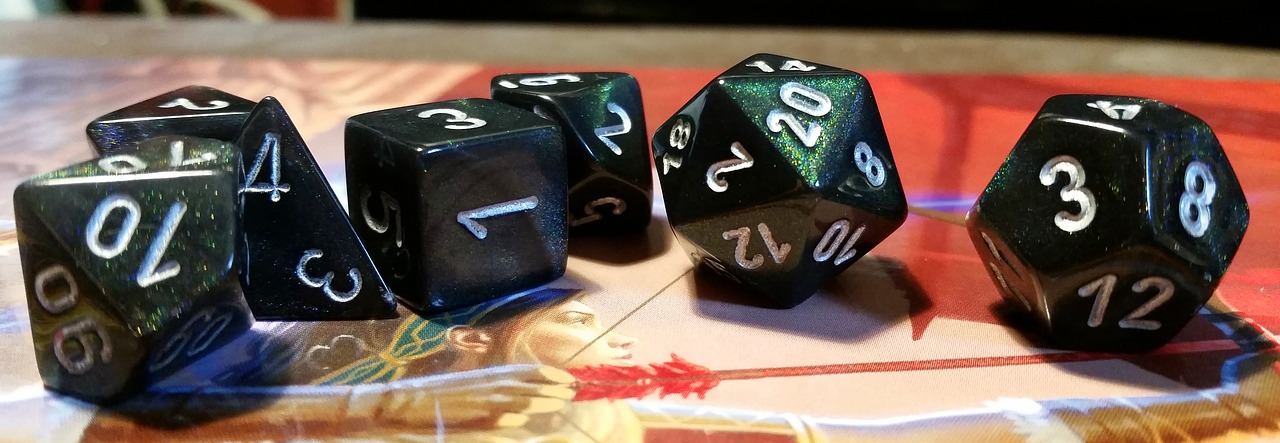House Rules Reference
Player Options
Player Character Races"In addition to the standard character races in the Basic Fantasy SRD, the following options are available upon GM approval: Gnome, Half-Elf, Half-Orc, Garuda, Keb, Rusati, Oubasti, Heru, and Faun"
Player Character Classes
"In addition to the standard character classes in the Basic Fantasy SRD, the following options are available upon GM approval: Acrobat, Adept, Assassin, Barbarian, Bard, Druid, Illusionist, Merchant Adventurer, Necromancer, Paladin, Ranger, Scout, Sorcerer, Warlock, Witch, and Wushi.
Backgrounds & Professions
Clan Influence"Demihumans and Barbarians of any race begin play as members of a clan; as player characters gain experience, they also rise in Clan Influence at a rate of 1 IP per every 2 XP awarded. The benefits of clan influence are detailed in the Clan Influence article."
Secondary Skills
"Player characters can purchase proficiency in secondary skills, as per the "Secondary Skills Supplement"
Arms, Armor, & Equipment
Fine and Masterwork Weapons"A fine weapon can be purchased for 15x the listed price; a masterwork weapon can be purchased for 150x the listed price.
- Fne weapons may either possess (player's choice) the Keen-Edged quality that grants +1 to damage or the Balanced quality that grants +1 to one's initiative roll, whereas masterwork weapons can possess +2 to damage, +2 to initiative, or +1 dmg/+1 initiative.
- These bonuses only apply when the fighter (or fighter sub-class) using them possesses the requisite weapon specialization; otherwise, he or she is deemed not skilled enough to take advantage of the weapon's properties.
- Scouts may receive bonuses when using fine and masterwork bows, and Halflings may when using any fine or masterwork sling.
- Weaponsmiths skilled enough to forge fine weapons can only be found in towns and cities; craftsmen capable of producing a masterwork can only be found in the largest dwarfholds or elven forest settlements. Dwarves and elves typically do not forge masterwork weapons for outsiders, and may request a quest in order to agree to produce such weapons.
Magic
Spell Components"Spellcasters use components as part of their casting."
- Spells require the use of verbal, somatic, and/or material components in order to be cast.
- Material components are usually consumed during the casting of the spell.
- Clerics usually don't require material components for their spells, but always require their holy symbol; Holy symbols are never consumed during spell casting.
Spell Points
"Magic-Users and Clerics use a system of spell points to determine how many spells can be cast per day."
- Full details about the spell point system can be found in this article
Path Magic and Arcane Traditions
"Arcane spellcasters belong to one of several arcane traditions which determine how they use and progress along their art."
- Magic-Users and Wushi follow the "Path Magic System"
Combat
"Shields Shall Be Splintered" - Trollsmyth:“Any time you take damage in combat you can opt to sacrifice your shield to avoid it.”
- For normal shields, this can only be used to avoid normal damage inflicted by a weapon. Magical damage or damage that requires a saving throw to avoid or halve, such as breath weapons, death rays, or falling damage, cannot be avoided in this way.
- Shields crafted from the wood of the rowan tree can be sacrificed for a successful save versus any spell.
- Magic shields can absorb multiple blows up to their magical bonus, but will be destroyed once their limit is reached. For example, a +1 shield can be used to avoid damage twice before it is destroyed.
Shield Walls - Trollsmyth:
“Fighters that form a shield wall anchored on a leader gain +2 to their armor class for as long as they maintain it.”
- Advancing into melee or making a fighting withdrawal may require a morale check.
- The wall is broken if the leader is incapacitated, if any member fails morale or sacrifices a shield.
Weapon Damage on Critical Fumbles
"On a natural roll of 1, the attacker's weapon is damaged in addition to missing the target."
- Upon experiencing a fumble, a weapon will strike with -1 damage until it is repaired; Slashing weapons are repaired through use of a whetstone (10 uses), whereas, bludgeoning and piercing weapons require use of a weapon repair kit.
- A missile weapon will have its string break or some sort of other malfunction. A bow can be restrung in 2 combat rounds; however, other weapons can only be repaired out of combat. Magical weapons will always miss on a 1 but never fumble.
Arrow Reclamation "By spending one round after combat scouring the battlefield, an archer may reclaim a certain number of fired arrows, with a minimum of one."
- In the wilderness, half of fired arrows may be reclaimed; in a dungeon, a quarter may be reclaimed.
- Magical and speciality arrows may not be reclaimed unless so noted in the item description


